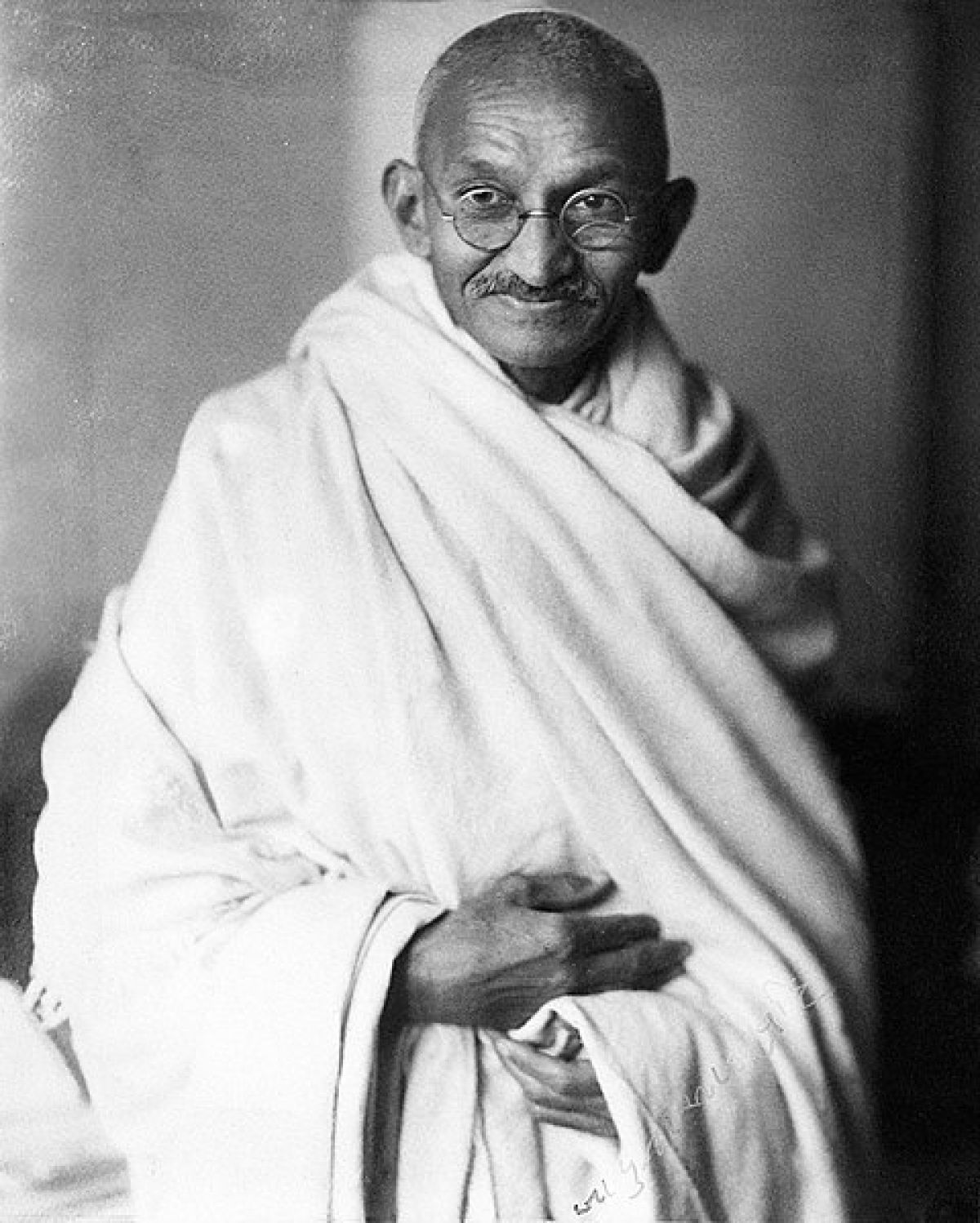
We live in a world of in or out, leave or remain, us and them, foreign and national; we define ourselves through these dichotomous relationships and it is therefore inevitable that we have begun to see history in the same way.
Last week Manchester city council announced plans to erect a statue of Gandhi in front of the council house in honour of the 150th anniversary of his birth. The statue was gifted to Manchester by a charity, referencing the city’s unique history and the “non-violence and compassion” shown after the terrorist attacks in 2017. However the announcement was met with significant pushback, specifically from student activists at the University of Manchester.
Whilst most famous for his achievements in India and his philosophy of non-violence, Gandhi’s righteousness did not extend to as many people as most would like to believe. His justice had borders and his morality was certainly not blind to difference. Gandhi’s rampant anti-blackness and misogyny have often been whitewashed so that he can fit comfortably in our world of simplistic binaries.
Where do we place a man who played an elemental role in the anti-colonial movement towards independence, both symbolically and otherwise, but who also described African’s as “savages”, “half-heathen natives”, “uncivilised” and “dirty”? If there are only good guys and bad guys, what do you do with everyone else?
Our answer has often been to ignore fundamental parts of a person’s life, to either vilify or glorify them in our collective minds; Gandhi is therefore written in our shared cultural myth as a small, peaceful man who put the emancipation of his country before himself. We develop two dimensional images of people, that being all we are trained to consume, surrendering our critical capacities in order to maintain fragile myths that have come to define how we understand ourselves and others.
In light of this, I understand the plight of the activists who have called out the council’s decision. Statues only bolster these myths, canonising people and creating a level of mysticism around them that is usually reserved for prophets and saints, inevitably leaving no room for critique.
It is clear to me however that minimising Gandhi’s role in history, or reducing him to his misogyny or his racism, is doing the very same thing. His violent language should be taught alongside his significant role in the move towards independence, every awful action should be studied with every admirable one.
The risk we run when we reduce people to their best or worst qualities is that we ignore the context within which they operate, and the larger picture at hand.
Our vitriol should be reserved for the systems which enabled the outsourcing of white supremacy at the behest of imperialists, the same white supremacy that still permeates every facet of our society and influences large swathes of the political and economic processes that define our lives.
This is not to absolve individuals; I’m not here to begin a meandering philosophical debate about free will, people should still be held accountable for their racism, their misogyny, their homophobia, their transphobia, their ableism – whatever it may be. But by losing focus on the larger mechanisms at hand we simplify our history, and our present, to goodies and baddies.
I am not a fan of the council’s decision but I also don’t seek to paint this deeply flawed, unmistakably racist man, as being just that alone. And that is where I think this conversation has been going for a very long time.
Whilst I loathe to admit that the middle ground is a good place to be, in this very specific instance we may have to look beyond the black and white, and start to analyse the rainbow of grey that defines both our intertwining histories and our contemporary political landscape.







